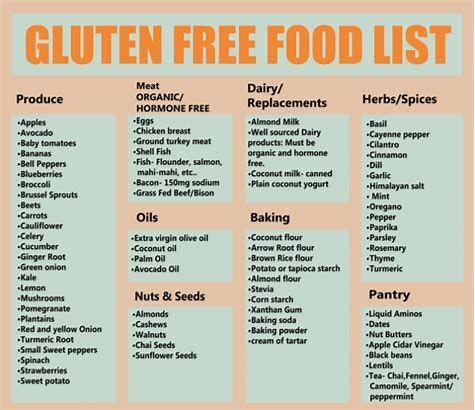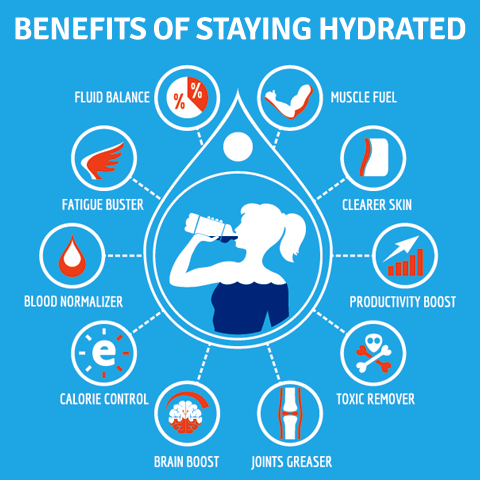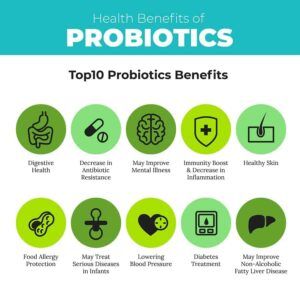Gluten-Free Eating: Fact vs. Fiction
Gluten-free eating has gained significant popularity over the past few years. Amid the growing interest, there has also been a fair share of confusion and misinformation surrounding this dietary trend. This article aims to separate fact from fiction when it comes to gluten-free eating and provide a clear understanding of what it entails.
The Basics: What is Gluten?
Gluten is a type of protein found in several grains, including wheat, barley, and rye. It provides elasticity to dough, helping it rise and maintain its shape. However, for individuals with celiac disease or gluten sensitivity, consuming even small amounts of gluten can have adverse effects on their health.
Fact: Gluten-Free Diet is Essential for Individuals with Celiac Disease
Celiac disease is an autoimmune disorder where the ingestion of gluten causes damage to the small intestine. It affects about 1% of the global population. For these individuals, a gluten-free diet is not a matter of choice but a medical necessity. When people with celiac disease consume gluten, their immune system reacts by damaging the lining of the small intestine, leading to various symptoms, such as abdominal pain, bloating, diarrhea, and nutrient deficiencies.
Fact: Gluten Sensitivity is Real, but Less Prevalent
Gluten sensitivity, also known as non-celiac gluten sensitivity, is a condition where individuals experience symptoms similar to those with celiac disease but without the accompanying intestinal damage. The prevalence of gluten sensitivity is estimated to be around 6% of the population.
Fiction: Gluten-Free Diet for Weight Loss
One common misconception is that following a gluten-free diet leads to weight loss. While it is true that eliminating certain processed foods containing gluten may result in weight loss for some individuals, going gluten-free alone is not a guaranteed weight loss solution. Many gluten-free alternatives, such as bread, pasta, and snacks, are often higher in calories and may lack certain nutrients that their gluten-containing counterparts provide.
Fact: Gluten-Free Food Options Are Increasing
In recent years, the availability of gluten-free food options has significantly increased. Numerous grocery stores now dedicate sections to gluten-free products, making it easier for individuals with celiac disease or gluten sensitivity to find suitable alternatives. Moreover, restaurants and food manufacturers have started offering gluten-free menu options to cater to the growing demand.
Fiction: Gluten-Free Means Healthy
While a gluten-free diet can be healthy, it is not inherently so. Many gluten-free products on the market are highly processed and may contain additives and excessive amounts of sugar or fat to compensate for the lack of gluten. It is essential to focus on consuming naturally gluten-free foods such as fruits, vegetables, legumes, lean proteins, and whole grains like quinoa and rice to ensure a well-balanced and nutritious gluten-free diet.
Fact: Gluten Cross-Contamination is a Concern
For individuals with celiac disease or gluten sensitivity, even trace amounts of gluten can trigger symptoms. Cross-contamination can occur when gluten-free foods come into contact with gluten-containing products, surfaces, or utensils. It is crucial to thoroughly clean cooking surfaces, utensils, and hands to prevent unintentional ingestion of gluten.
Fiction: Everyone Should Adopt a Gluten-Free Diet
While a gluten-free diet is essential for individuals with celiac disease or gluten sensitivity, it is not necessary or beneficial for everyone. Gluten-containing grains offer various essential nutrients and can be part of a balanced diet for those without gluten-related disorders. Restricting gluten without medical reasons can potentially lead to nutrient deficiencies, as certain grains provide B vitamins, fiber, and other essential nutrients.
In Conclusion
Gluten-free eating is a vital dietary approach for individuals with celiac disease or gluten sensitivity to manage their condition effectively. However, it is crucial to separate fact from fiction to make informed decisions about gluten-free diets. For those without gluten-related disorders, there is no evidence to support the need for a gluten-free diet. As with any dietary approach, it is advisable to consult a healthcare professional or registered dietitian before making significant changes to your eating habits.


